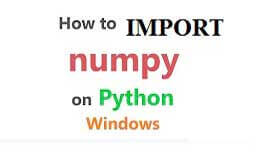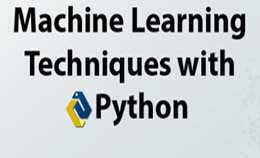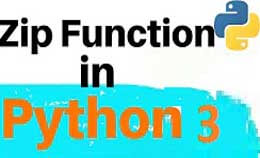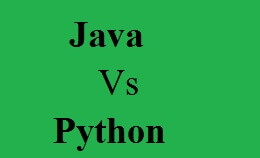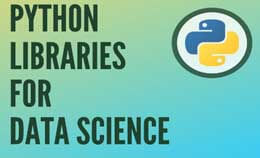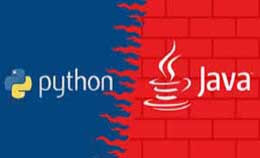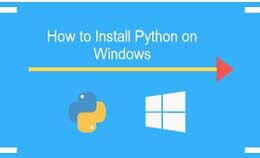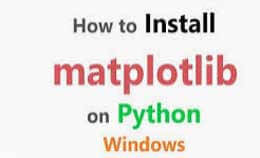Difference between break and continue in python
The main Difference between break and continue in python is loop terminate. In this tutorial, we will explain the use of break and the continue statements in the python language. The break statement will exist in python to get exit or break for and while conditional loop. The break and continue can alter flow of normal loops and iterate over the block of code until test expression is false.
Basis for comparison |
break |
continue |
Task |
It eliminates the execution of remaining iteration of loop |
It will terminate only the current iteration of loop. |
Control after break/continue |
‘break’ will resume control of program to the end of loop enclosing that ‘break’. |
The ‘continue’ will resume the control of the program to next iteration of that loop enclosing ‘continue' |
causes |
It early terminates the loop. |
It causes the early execution of the next iteration. |
continuation |
The ‘break ‘stop the continuation of the loop. |
The ‘continue’ does not stop the continuation of loop and it stops the current. |
Other |
It used with the ‘switch’, ‘label’ |
Cannot be executed with switch and the labels. |
break statement vs continue statement
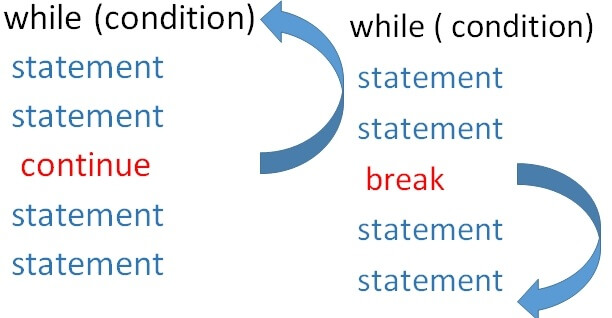
The break is used to terminate the execution of the statements and iteration of the loop. It will move to the next statement after the loop and continue for different purposes. The break statement will allow control to move out of loop skipping the execution of the remaining statements of loop and continue will allow the control to remain inside the loop by moving 1 iteration ahead. The important things that need to keep regarding use of continue and break used with the loops. The break statement will cause the jump statements and break statement to cause the termination or exit the loop for early of the loop.
The break statement is nested loop and allows the innermost loop and the control will remain inside outermost loop inside the nested loop will allow skip of current location and execution of next iteration of innermost loop.
Uses of the break and continue statement in the python language:-
The break and continue statement can alter the flow of the normal loop.
Break statement in python detail description:-
The statement will terminate the loop containing it and controls the program flow to the statement after the body of the loop.
The nested break statement loop inside another loop and the break will terminate the innermost loop.
These statements are used in the loops and the switch case to pass by the rest of the statements.
The break used in switch cases of the control statements.
Its basic use is to exit out of the loop and stop the flow of execution.
Also passes the statement to the next statement after the loop.
- Syntax1:-
#loop statements
break
- Syntax2:-
Statement_1
Statement_2
……..
If expression2:
Break
While loop |
For loop |
while(test_expression1): |
for var in sequence: |
- Flowchart:-
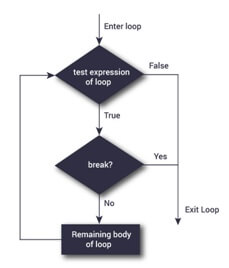
Example:-
Program to show the use of the break statement inside the loop,
for val in “string”:
if val==”i”:
break
print(val)
print(“The end”)
- Output:-
s
t
r
The end
- Explanation:-
This program will iterate the string sequence through “string” and check the letters is “i”, which we break from the loop.
Then we see output that all the letters of the “i” is printed. Then the loop gets terminated.
>Python continue statement detail desription:-
The continue statement used to skip the code inside loop for the current iteration.
The loops do not terminate but continuously goes on with the next iteration.
The statement is also called as a jump statement which will interrupt the change.
The statement is used many times in the loop. It will also pass the control to the next iteration of the inner loop and not the outer loop.
The “continue” word will tell that the iteration is done by me.
- Syntax:-
Continue
While loop |
For loop |
While(test_expression1): |
For var in sequence: |
- Flowchart:-
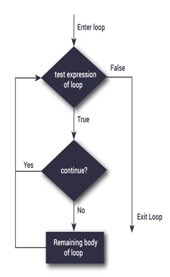
Example:-
for val in “string”
if val==”i”:
continue
print(val)
print(“The end”)
- Output:-
s
t
r
n
g
The end
